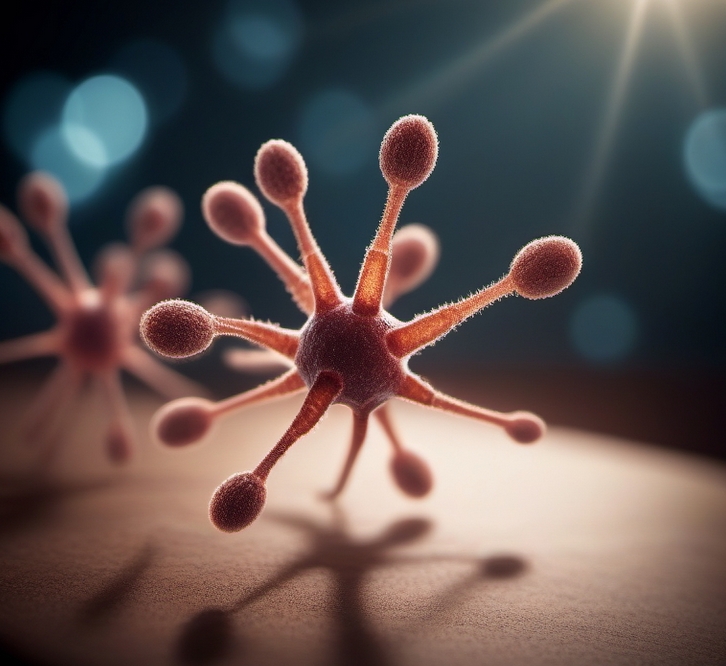Blog Post
From Bench to Bedside: The Journey of Monoclonal Antibodies and Their Essential Reagents
Introduction: Monoclonal antibodies are transforming medicine and research, with their therapeutic and diagnostic potential. In this blog post, we will explore the exciting world of monoclonal antibodies, their vital role in both clinical and laboratory settings, and the essential reagents that make it all possible.
Understanding Monoclonal Antibodies Monoclonal antibodies, often referred to as mAbs, are laboratory-produced proteins designed to mimic the immune system’s ability to fight off harmful pathogens, such as bacteria and viruses. They are used in various applications, from treating cancer to detecting specific molecules in complex samples.
The Development Process Creating monoclonal antibodies involves a multi-step process that relies on specialized reagents at each stage. Let’s break down the key components and their functions:
1. Selection of Antigen
- Monoclonal antibodies are designed to target specific antigens, which are usually proteins or other molecules of interest. Researchers carefully select the antigen they wish to target.
2. Immunization
- To create mAbs, animals like mice are immunized with the chosen antigen. During this process, their immune systems produce a variety of antibodies against the antigen.

3. Fusion of B Cells
- Reagents are used to isolate B cells from the immunized animal’s spleen. These B cells produce antibodies against the target antigen.
4. Screening for Specificity
- Essential reagents enable researchers to identify B cells that produce antibodies with high specificity for the target antigen.
5. Cloning and Production
- Once specific B cells are identified, their DNA is cloned to create a single type of antibody, ensuring monoclonality. Cell culture reagents are essential for growing these cells and producing a large quantity of monoclonal antibodies.
6. Purification
- The purification process, involving chromatography columns and related reagents, separates the monoclonal antibodies from other cellular components, ensuring their purity.
7. Validation
- Validation reagents are crucial for confirming the specificity and functionality of the monoclonal antibodies. These tests ensure that the antibodies will perform as expected in their intended applications.
Applications in Medicine and Research Monoclonal antibodies have found numerous applications in the medical field, from cancer treatments to autoimmune disease therapies. In the research realm, they are used for protein detection, immunohistochemistry, and more. The reagents used at every stage of mAb development are indispensable for maintaining consistency, specificity, and effectiveness.
Conclusion Monoclonal antibodies are powerful tools with a wide range of applications in healthcare and scientific research. Understanding the journey from the laboratory bench to clinical bedside highlights the importance of the essential reagents that drive innovation in this field. Whether you’re a scientist or a healthcare professional, knowing the key role reagents play in mAb development is fundamental to making strides in your work.

